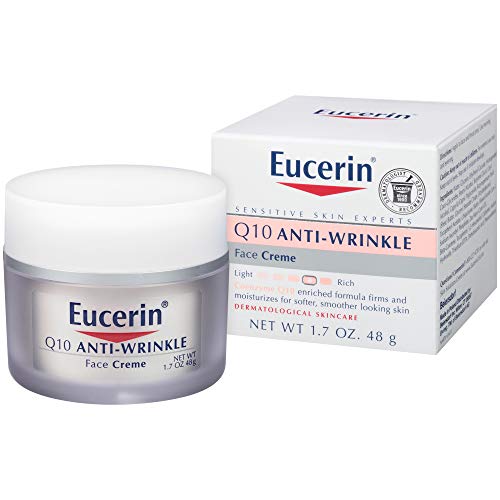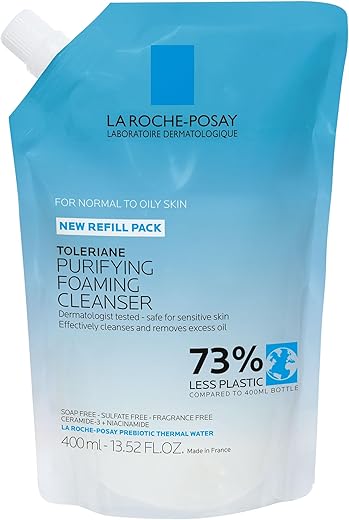
Sensitive Skin Care
Are you tired of constantly dealing with redness, irritation, and discomfort on your skin? If so, you’re not alone. Sensitive skin can be a daily struggle, making it challenging to find products that won’t cause further aggravation. But fear not, because in this blog post, we will delve into the world of sensitive skin care, with a particular focus on face toners. We understand the frustration and the importance of finding the right products for your sensitive skin, so join us as we explore the best practices and recommendations for achieving a healthy, radiant complexion.
Gentle and Effective Toner for Sensitive Skin



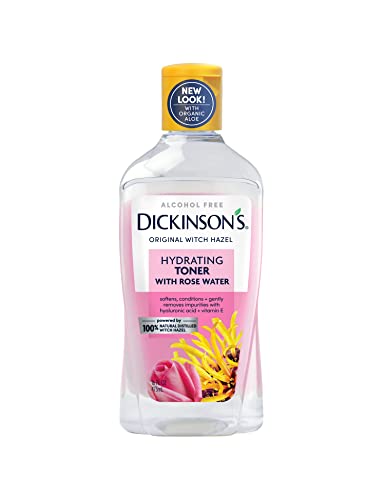


What is Sensitive Skin?
Sensitive skin is a common condition that affects many individuals. It is characterized by a heightened reaction to various factors, such as environmental triggers, skincare products, and even stress. People with sensitive skin often experience discomfort, redness, itching, or a burning sensation when exposed to these triggers.



Unlike other skin types, sensitive skin is more prone to adverse reactions and irritation. It requires extra care and attention to maintain its balance and prevent discomfort or further complications.
Common Symptoms of Sensitive Skin
To determine if you have sensitive skin, it is essential to be aware of its common symptoms. The following signs may indicate that you have sensitive skin:
- Frequent redness or flushing of the skin
- Dryness or tightness
- Itching or burning sensation
- Appearance of rashes or hives
- Skin that becomes easily irritated or reacts to certain products
It is important to note that sensitive skin can manifest differently in individuals, and the severity of symptoms may vary.
Triggers for Sensitive Skin
Various triggers can cause sensitive skin to react negatively. Identifying these triggers is crucial in managing and preventing discomfort. Some common triggers for sensitive skin include:
- Environmental factors:
- Extreme temperatures (hot or cold)
- Wind or dry air
- Pollution or allergens
- Skincare products:
- Harsh cleansers or exfoliants
- Fragrances or dyes
- Certain ingredients like alcohol or sulfates
- Stress and lifestyle factors:
- Lack of sleep
- Poor diet
- Emotional stress
It’s important to understand that everyone’s skin is unique, and what may trigger sensitivity for one person may not affect another in the same way. Identifying your personal triggers can help you make more informed decisions regarding skincare and lifestyle choices.
How to Identify if You Have Sensitive Skin
If you suspect that you have sensitive skin, there are a few methods you can use to confirm your suspicions:
- Consult a dermatologist: A dermatologist can perform tests or examinations to determine if you have sensitive skin and provide personalized advice for managing it.
- Patch test: Apply a small amount of a new skincare product or ingredient to a small area of your skin, such as the inner forearm. Observe the area for any adverse reactions for at least 24 hours.
- Monitor your skin’s reactions: Keep track of how your skin responds to different environmental factors, products, or changes in your lifestyle. This can help you identify patterns and potential triggers.
Remember, self-diagnosis is not always accurate, and seeking professional advice is recommended if you suspect you have sensitive skin.
Choosing the Right Face Toner
When it comes to taking care of your skin, selecting the right products is crucial, especially if you have sensitive skin. One product that often gets overlooked but can make a significant difference in your skincare routine is a face toner. A face toner helps to balance the skin’s pH level, remove impurities, and prepare it for the next steps in your skincare routine.
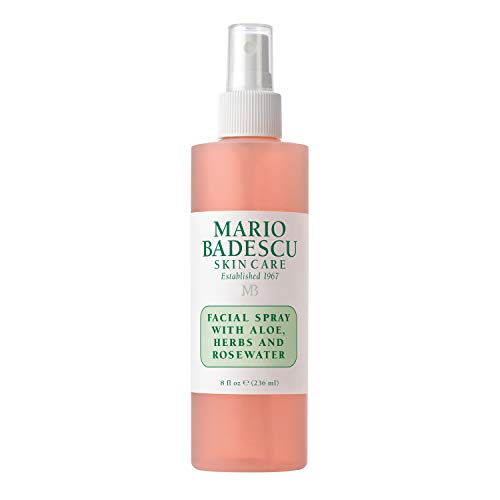
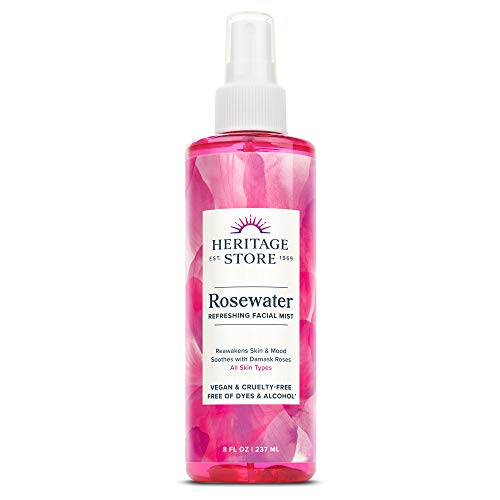
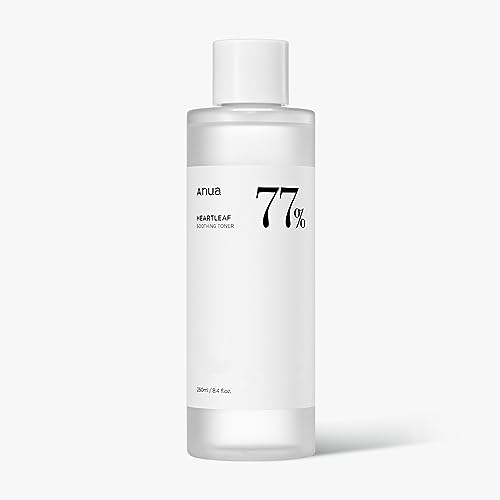
However, finding the perfect face toner for sensitive skin can be a challenge. With so many options available in the market, it’s important to know what to look for and what to avoid. In this blog post, we will discuss the factors to consider when selecting a face toner for sensitive skin and provide some recommendations to help you make an informed decision.
Ingredients to Look for and Avoid
- Gentle Ingredients: Look for toners that contain gentle ingredients that are known to be soothing and nourishing for the skin. Some beneficial ingredients for sensitive skin include chamomile, aloe vera, green tea extract, and cucumber extract.
- Hyaluronic Acid: Hyaluronic acid is a hydrating ingredient that helps to moisturize the skin without causing irritation. It is an excellent addition to a face toner for sensitive skin as it helps to restore and retain moisture, leaving your skin feeling plump and refreshed.
- Natural Extracts: Natural plant extracts such as lavender, rose, or calendula can provide calming and soothing properties to sensitive skin. These ingredients help to reduce redness, inflammation, and irritation, making them ideal for a face toner.
- Alcohol-Free: Avoid toners that contain alcohol as it can strip the skin of its natural oils and cause dryness and irritation, especially for those with sensitive skin. Opt for alcohol-free formulas to ensure your skin stays hydrated and healthy.
- Fragrance-Free: Fragrances can be a common irritant for sensitive skin. Look for face toners that are fragrance-free to minimize the risk of any adverse reactions or allergies.
Importance of pH Balance
Maintaining the skin’s pH balance is crucial for overall skin health, especially for sensitive skin types. The skin’s natural pH is slightly acidic, typically ranging between 4.5 to 5.5. When the pH balance is disrupted, it can lead to various issues such as dryness, acne, and sensitivity.
Choose a face toner that is pH-balanced, ideally around the same acidity level as your skin. This will help to restore and maintain the natural pH balance, ensuring your skin stays healthy and less prone to irritation.
Recommendations for Face Toners Suitable for Sensitive Skin
Here are some face toners that are highly recommended for sensitive skin:
- COSRX Centella Water Alcohol-Free Toner: This toner contains centella asiatica extract, which helps to soothe and calm the skin. It is alcohol-free, fragrance-free, and has a pH level of 6.20.
- Klairs Supple Preparation Facial Toner: This toner is formulated with a blend of plant extracts, including aloe vera and hyaluronic acid, to provide hydration and nourishment to sensitive skin. It is alcohol-free, fragrance-free, and has a pH level of 5.00.
- Paula’s Choice Skin Recovery Enriched Calming Toner: This toner is specifically designed for sensitive skin and contains soothing ingredients like chamomile and green tea extract. It is alcohol-free, fragrance-free, and has a pH level of 5.50.
- Thayers Alcohol-Free Witch Hazel Toner: This toner is infused with witch hazel extract, known for its astringent properties. It is alcohol-free, fragrance-free, and has a pH level of 5.50.
Remember, what works for one person may not work for another, so it’s important to patch test any new product on a small area of your skin before incorporating it into your skincare routine.
How to Use Face Toner for Sensitive Skin
Sensitive skin requires extra care and attention when it comes to skincare. Using a face toner specifically formulated for sensitive skin can help soothe and balance your complexion, while providing essential hydration and nourishment. In this blog post, we will guide you through the steps of incorporating a face toner into your skincare routine for sensitive skin, and provide helpful tips on maximizing its benefits.
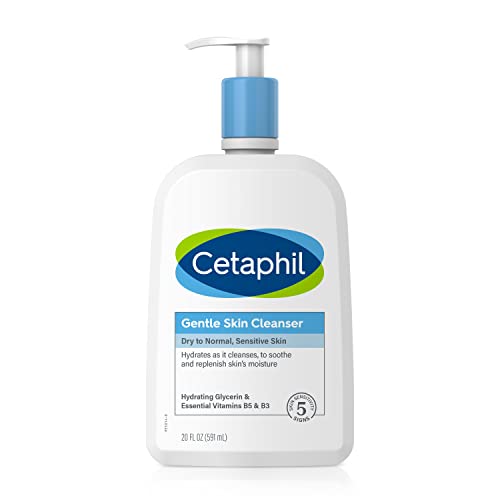
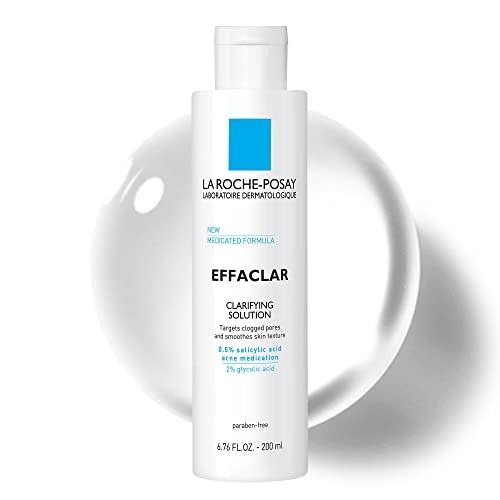
Step 1: Cleanse your face
Before applying a toner, it is important to cleanse your face thoroughly. Use a gentle cleanser that is suitable for sensitive skin to remove any dirt, oil, or makeup residue. Gently massage the cleanser onto your face using circular motions, then rinse off with lukewarm water.
Step 2: Pat dry your face
After cleansing, gently pat your face dry with a soft towel. Avoid rubbing your skin, as this can cause irritation.
Step 3: Choose a gentle toner for sensitive skin
When selecting a toner for sensitive skin, look for products that are alcohol-free, fragrance-free, and formulated specifically for sensitive skin. These toners are usually gentle and soothing, and won’t strip your skin of its natural oils.
Step 4: Apply the toner
Pour a small amount of toner onto a cotton pad or ball. Gently swipe the soaked cotton pad across your face, avoiding the eye area. Start from the center of your face and move outwards in gentle upward motions. This helps to evenly distribute the toner and promotes better absorption.
Step 5: Allow the toner to absorb
Give the toner a few moments to fully absorb into your skin before proceeding with the rest of your skincare routine. This allows the active ingredients in the toner to penetrate deeper into your skin, maximizing their benefits.
Step 6: Follow up with moisturizer
After the toner has been absorbed, apply a moisturizer suited for sensitive skin. This will help lock in the toner’s hydration and provide additional nourishment to your skin. Look for moisturizers that are non-comedogenic and free of harsh ingredients.
Tips for Maximizing Toner Benefits:
- Use toner twice a day, once in the morning and once at night, to maintain a balanced complexion.
- If you have extremely sensitive skin, consider patch testing a new toner on a small area of your skin before applying it to your whole face.
- Store your toner in a cool, dry place to maintain its effectiveness.
- If you experience any irritation or discomfort while using a toner, discontinue use and consult a dermatologist.
Incorporating a gentle and soothing toner into your skincare routine can make a noticeable difference in the health and appearance of your sensitive skin. With the right toner and proper application, you can achieve a balanced complexion and enjoy the benefits of hydrated and nourished skin.
Other Tips for Sensitive Skin Care
Sensitive skin requires extra care and attention to keep it healthy and free from irritation. In addition to the basic skincare routine, there are several other tips and practices you can incorporate into your daily routine to ensure your sensitive skin stays calm and radiant. In this blog post, we will discuss the importance of gentle cleansing, moisturizing, and sunscreen protection. We will also highlight the significance of patch testing new products and seeking professional advice when needed.



Gentle Cleansing
Cleansing is an essential step in any skincare routine, but for individuals with sensitive skin, it’s crucial to use gentle cleansers that won’t strip the skin of its natural oils or cause irritation. Here are some tips for gentle cleansing:
- Opt for mild, fragrance-free cleansers specifically formulated for sensitive skin.
- Avoid using hot water, as it can further dehydrate and irritate sensitive skin. Stick to lukewarm water instead.
- Gently massage the cleanser onto your skin using circular motions, then rinse thoroughly.
- Pat your skin dry with a soft towel instead of rubbing vigorously.
Moisturizing
Moisturizing is key to maintaining the moisture balance of your skin and preventing dryness and irritation. When selecting a moisturizer for sensitive skin, look for products that are fragrance-free, hypoallergenic, and non-comedogenic. Here are some additional tips for moisturizing sensitive skin:
- Apply moisturizer immediately after cleansing to lock in moisture.
- Use gentle, upward motions to apply the moisturizer to your face and neck.
- Consider using a moisturizer with added ingredients like ceramides or hyaluronic acid, which can help strengthen and hydrate the skin barrier.
Sunscreen Protection
Protecting your skin from the sun’s harmful rays is essential for everyone, but individuals with sensitive skin need to be extra cautious. Choose a broad-spectrum sunscreen with an SPF of at least 30, and ensure it is specifically formulated for sensitive skin. Here are some sunscreen tips for sensitive skin:
- Apply sunscreen generously to all exposed areas of your skin, even on cloudy days.
- Reapply every two hours, or more frequently if you are sweating or swimming.
- Consider using physical sunscreens that contain ingredients like zinc oxide or titanium dioxide, as they are less likely to cause irritation.
Patch Testing New Products
When introducing new skincare products into your routine, it’s crucial to perform a patch test before applying them all over your face. This helps you determine if the product will cause any adverse reactions or irritations on your sensitive skin. Here’s how to perform a patch test:
- Choose a small, discreet area of skin, such as the inside of your wrist or behind your ear.
- Apply a small amount of the product and wait for 24-48 hours.
- If you experience any redness, itching, or irritation, avoid using the product on your face.
Seeking Professional Advice
If you’re struggling to manage your sensitive skin or experiencing persistent irritation or discomfort, it’s essential to seek professional advice. A dermatologist can help identify the underlying causes of your skin sensitivity and recommend suitable products and treatments. They can also provide personalized skincare routines tailored to your specific needs.
In conclusion, taking care of sensitive skin requires adopting gentle cleansing and moisturizing practices, protecting your skin from the sun, patch testing new products, and seeking professional advice when necessary. By following these tips and incorporating them into your skincare routine, you can keep your sensitive skin healthy, radiant, and free from irritation.
Achieving healthy and balanced skin with the right care routine
In conclusion, taking care of sensitive skin is not a one-size-fits-all approach. It requires careful consideration of ingredients, pH balance, and fragrance-free formulas. By following a tailored skincare routine and using appropriate products, individuals with sensitive skin can achieve a healthier and more comfortable complexion. Remember, when it comes to sensitive skin, less is often more.

Hey, I’m Ava Wilson—a skincare enthusiast and a certified esthetician. I’m dedicated to sharing my knowledge and empowering others to achieve healthy, glowing skin through simple, effective routines and natural remedies. Join me on this exciting skincare journey, and let’s unlock your skin’s potential for a confident, beautiful you.

